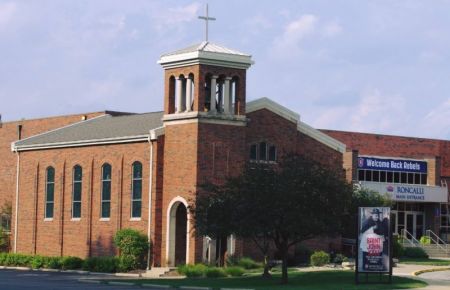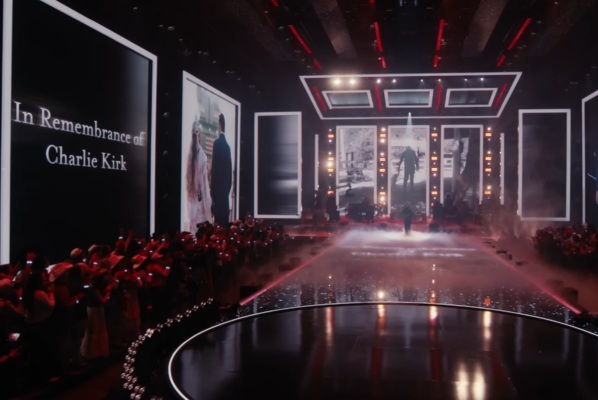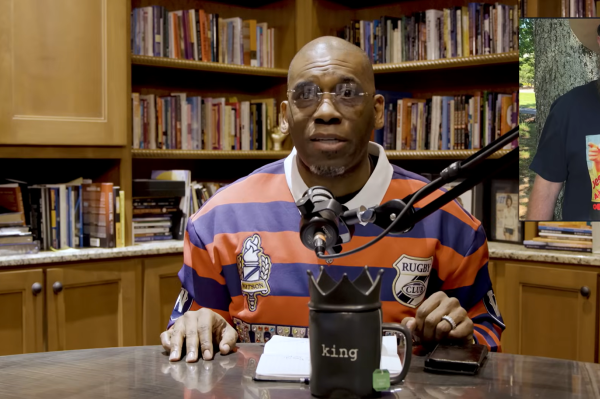Catholic school can fire counselor for being in a same-sex marriage, 7th Circuit rules

A federal appeals court panel has ruled that a Catholic school in Indiana can lawfully refuse to renew the contract of a guidance counselor because she was in a same-sex marriage, which violated Catholic teaching.
A three-judge panel of the 7th U.S. Circuit Court of Appeals unanimously ruled Thursday in favor of the Roman Catholic Archdiocese of Indianapolis and Roncalli High School, rejecting a lawsuit from former guidance counselor Lynn Starkey and upholding a lower court ruling.
Circuit Judge Michael Brennan authored the panel opinion, concluding that Starkey fit the legal description of a minister and could be dismissed by the school for rejecting Catholic teaching on marriage based on a ministerial exception.
The ministerial exception is a legal principle that protects churches and religious institutions from legal action taken by employees who perform religious functions. The exception is designed to protect religious institutions from government influence.
"She was identified as a 'minister of the faith' in her job description and employed under a 'Ministry Contract' beginning in the 2017–18 school year," wrote Brennan.
"For more than 30 years, Roncalli's employment contracts included a morals clause, and all evidence shows that the school considered Starkey a minister and entrusted her with religious duties."
Brennan, a Trump appointee, concluded that "Starkey was a minister because she was entrusted with communicating the Catholic faith to the school's students and guiding the school's religious mission."
As a result, the panel did not feel a need to address arguments over Title VII of the Civil Rights Act or the Religious Freedom Restoration Act.
The majority opinion cited the Supreme Court's decisions in Our Lady of Guadalupe School v. Morrissey-Berru (2020) and Hosanna-Tabor Lutheran Evangelical School v. EEOC (2012).
Circuit Judge Frank Easterbrook, a Reagan appointee, authored a concurring opinion arguing that the archdiocese and the school could justify their actions based on Title VII.
Specifically, Easterbrook detailed how Title VII "permits a religious employer to require the staff to abide by religious rules," including any prohibitions on same-sex unions.
"A religious school is entitled to limit its staff to people who will be role models by living the life prescribed by the faith," wrote Easterbrook.
"Our circuit has never embraced the position that §702(a) permits religious discrimination but not sex discrimination that has a religious footing. Section 702(a) will not resolve all claims made by employees of religious organizations, but it resolves many — including Starkey's."
The panel opinion upheld a lower court decision from last August by U.S. District Judge Richard Young, who argued that the state could not interfere in the affairs of the Catholic school.
"When the state interferes with these types of employment decisions, it violates both the Free Exercise and Establishment Clauses of the First Amendment," wrote Young at the time.
"The ministerial exception is not limited to claims of religious discrimination; it bars all claims of discrimination under Title VII, including discrimination on the basis of sexual orientation."
Young also concluded that Starkey's "work in helping shape Roncalli's educational and spiritual environment weigh heavily in favor of applying the ministerial exception."
"Moreover, that Starkey characterizes her work as a guidance counselor in purely secular terms does not change the result because it would be inappropriate for this court to draw a distinction between secular and religious guidance offered by a guidance counselor at a Catholic school," he added.
Luke Goodrich, vice president and senior counsel at the religious freedom legal group Becket, praised the appellate court's decision.
"Religious groups have a constitutional right to hire individuals who believe in their faith's ideals and are committed to their religious mission," said Goodrich in a statement. "Our justice system has consistently ruled that the government cannot intrude on a religious organization's choice of who will pass on the faith to the next generation."





















